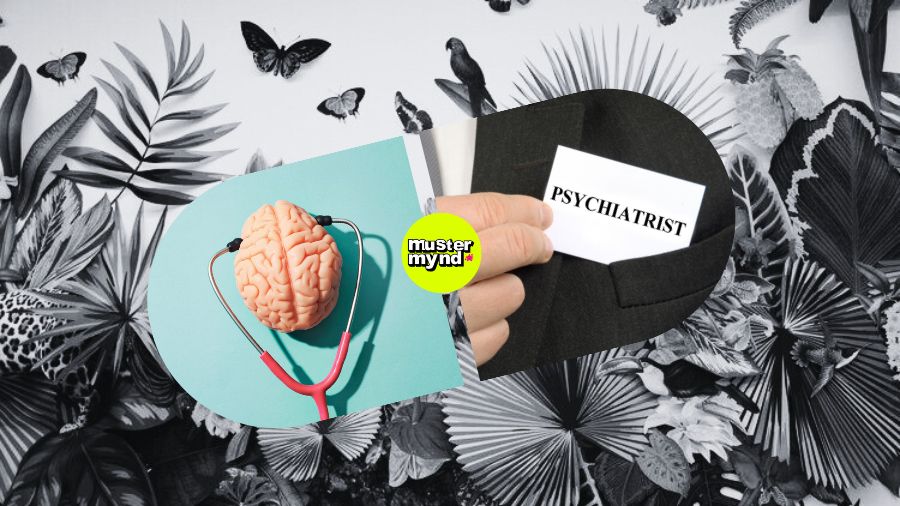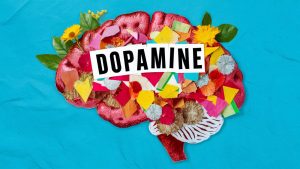When it comes to psychiatric medication, it’s important to think about whether or not they have side effects. It is important to make a well-informed choice after weighing the possible pros and cons. In this talk, we look at how hard it can be to choose a treatment option given the side effects of psychiatric drugs and the unique needs of each person.
Side Effects of Psychiatric Drugs: An Example
Like any other drug, psychiatric drugs can have several side effects. Let’s say that a drug used to treat anxiety has side effects like-
- mild fever
- body aches
- muscle spasms
- increased sensitivity
- blurry eyes
- runny nose
- forgetfulness
- mild cognitive impairment, &
- hallucinations.
Using this list as a guide takes careful thinking based on each person’s situation.
Assessing Severity and Functionality
How a choice is made depends on the severity of the mental illness. If I suffer from anxiety, then forgetfulness, mild cognitive impairment, and hallucinations aren’t acceptable side effects because they’ll make it hard for me to get through the day and be independent in social situations. taking this specific drug for my anxiety won’t be an option. For me to handle my duties well, I need to be as smart as possible. And so when it is about selecting a drug from a set of notorious ones, I will have to look at those with fewer, manageable side effects.
Complexities in Psychotic Conditions
On the other hand, people with more severe forms of psychosis face a different set of problems. Psychosis is known to be a dangerous mental health disease that can make it hard to see and understand things. When a drug used to treat insanity has side effects that are similar to the ones listed above, it makes it harder to decide what to do. But think of it; if the drug you take has the same side effects that your disease condition has, maybe you can trust your doctor to accept the drug because you won’t acquire anything new.
Considerations for Treatment Options
People may have to make hard decisions when they don’t have many options. For me, here are three choices to be discussed with a psychiatrist-
Seeking an Alternative
In some cases, it may be possible to look into other medicines that might have fewer side effects. It is important to talk to the doctor who gave you the prescription about this choice, taking into account your specific condition and needs. The goal is to find the right medicine that has the fewest side effects and works well to treat symptoms.
Living with the Problem
People may choose to keep living with their symptoms if they don’t have many other options or if those choices don’t work. This choice is made after a careful look at how the side effects affect daily life, quality of life as a whole, and personal goals.
Accepting the Consequences
In some cases, the seriousness of the condition may mean that the possible side effects have to be accepted as a bad trade-off. Here, the focus is on balancing the risks and benefits, with the idea that taking care of the main problem is more important than the specific side effects.
The conversation above shows how complicated it is to choose a psychiatric drug. It shows how important it is to think about the severity of the condition, how the side effects affect the person’s ability to function, and the person’s unique situation and goals. People can make smart choices about their treatment options when they work closely with medical professionals and learn as much as they can.
Final Thoughts
In conclusion, the selection of psychiatric medication involves carefully assessing the side effect profile and weighing it against the individual’s needs and the severity of the condition being treated. It is crucial to have open and honest conversations with healthcare professionals to explore alternatives, evaluate the impact on functionality, and make informed decisions. By understanding the complexities involved, individuals can navigate the process with greater confidence and actively participate in their mental health care.
What did You Learn here?
The decision-making process surrounding psychiatric medication is multifaceted, and it necessitates a nuanced evaluation of factors such as condition severity, individual functionality, and available treatment options. Open dialogue with healthcare professionals is crucial for informed decision-making in the pursuit of effective mental health care.




